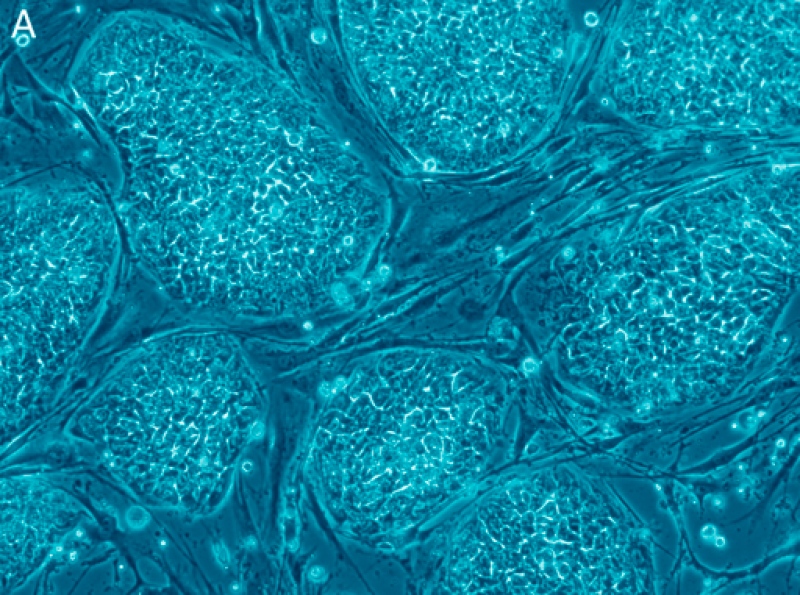Scientists in pursuit of embryonic stem cells for regenerative medicine have cloned human embryos as part of their process, re-igniting the debate over human cloning.
USA Today’s Karen Weintraub reports:
In a paper in the journal Cell Stem Cell, researchers took the nucleus of skin cells from 35 and 75 year old men, and produced cloned human embryos. From those they were able to generate embryonic stem cells […]
The researchers are quick to point out that they would never try to implant that embryo in a woman. Instead, the cells will be used for research purposes with an eye toward developing medical therapies.
Despite the researcher’s stated goals, advocacy groups came out in force to either call for regulation or to outright condemn human cloning of any type, petri dish or person.
The Council for Responsible Genetics and Center for Genetics and Society fall into the “you can clone but only for research and medical therapy, not to make babies” camp. The Family Research Council opposes all cloning, full stop, and has put a bill to that effect before the House.
The logic behind the renewed fears of human cloning is captured in a quote from David Prentice, senior felllow for life sciences at the Family Research Council. Weintraub quotes him saying that any cloning “allows people to perfect that method so they have good embryonic clones that can be gestated to birth.”
“Several scientists,” Weintraub continues, “dismissed that argument.”
Animal cloning has been possible (albeit fraught with problems and poor success rates) since the advent of Dolly in 1996. In the nearly two decades since, human cloning — even of the relatively simple cells-in-a-lab-type in this experiment — has proven tremendously difficult.
Despite the ethical feathers being ruffled, the new paper is more of a scientific achievement than a pragmatic one. It reproduced work from a year ago, proving that a technique to create cloned stem cells from a person’s skin cells developed by researchers in Oregon can work.
Robert Lanza, co-author on the new paper, told Weinstraub that embryonic stem cells created from clones are use for research purposes; the limitations of the techniques used to create them mean they can’t meet the demands of wide-scale regenerative medicine.
In other words, this is likely not a huge step toward either widespread regenerative medicine or toward a clone-filled future.
Read the full article by Karen Weintraub at USA Today: “Stem cell research fuels more debate on cloning”
Kenrick Vezina is Gene-ius Editor for the Genetic Literacy Project and a freelance science writer, educator, and naturalist based in the Greater Boston area.
Additional Resources:
- “Scientists use cloning to make stem cells matched to two adults,” Monte Morin | Los Angeles Times
- “First Embryonic Stem Cells Cloned From A Man’s Skin,” Richard Harris | NPR
- “In a cloning first, scientists create stem cells from adults,” Reuters































